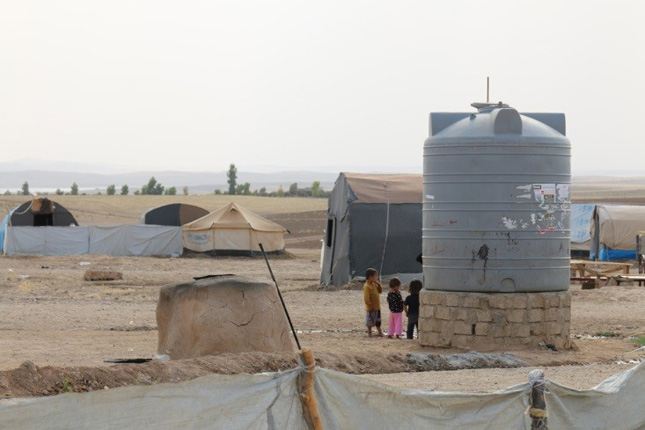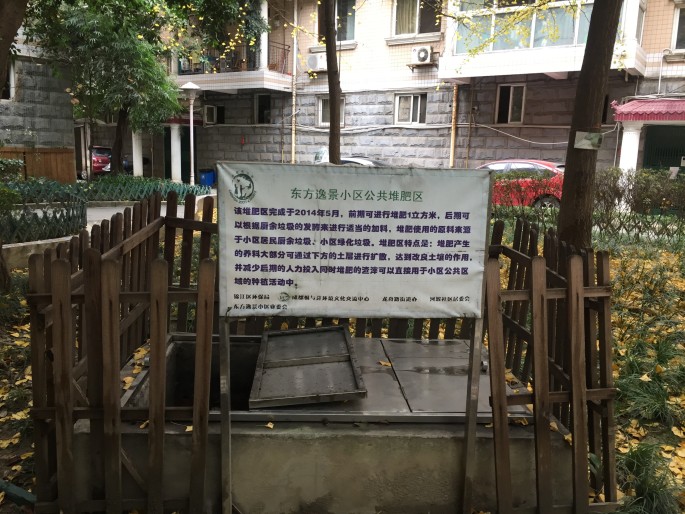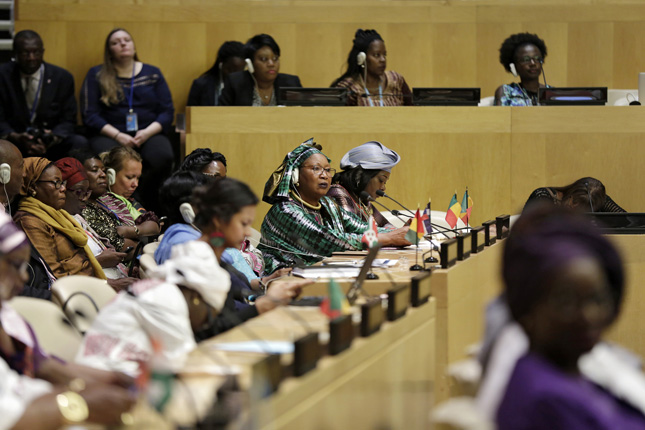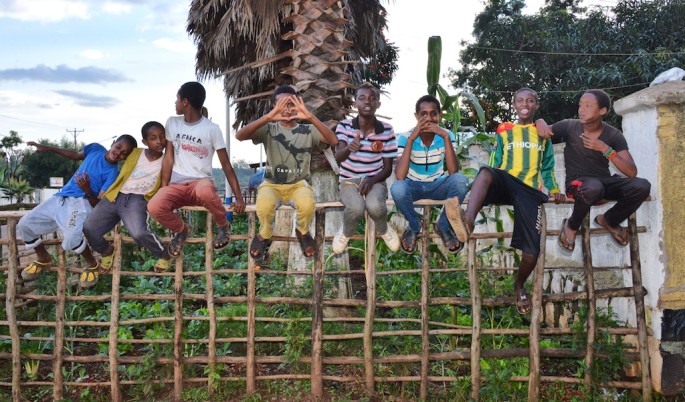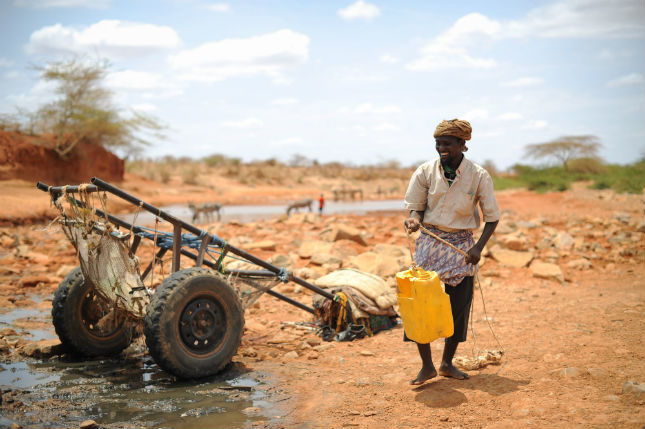-
Faith in Family Planning: Healthy Timing and Spacing of Pregnancies
›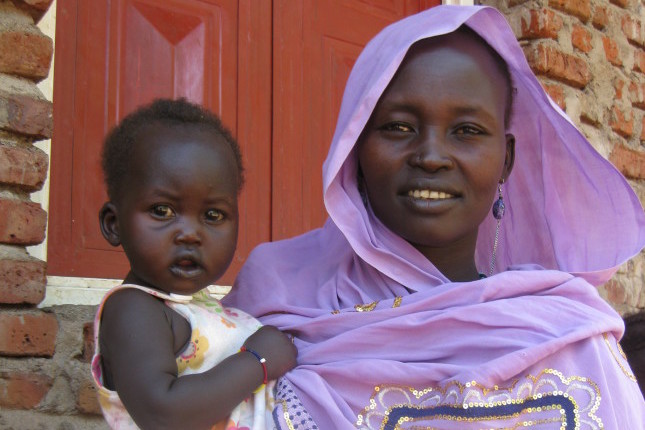
“When you enable a family to be able to time and space their children, you actually improve the overall health of that family,” said Dr. Alma Golden, the Deputy Assistant Administrator of USAID’s Bureau for Global Health, at a recent Wilson Center event on the role of faith-based organizations in family planning. Faith-based groups are an “irreplaceable asset,” said Dr. Golden, when it comes to fighting stigma and marginalization and promoting positive health behaviors.
-
A Watershed Moment for Iraqi Kurdistan: Subnational Hydropolitics and Regional Stability
›
Iraqi Kurdistan is blessed with abundant water resources, but these resources are under increasing stress. Changing demographics, dam building in neighboring countries, and drought have driven Kurdish hydropolitics to a critical juncture where two distinct water futures are possible—and both have implications for regional stability and for U.S. interests.
-
Grassroots Solutions for Solid Waste in China’s Growing Cities
›
In June 2016, the government of the Chinese city of Xiantao cancelled an incineration project following protests by residents who felt they were not adequately consulted before the project was approved. As growing Chinese cities produce more construction and consumer waste, incineration projects have increased—along with widespread protests of their environmental and health consequences.
-
To Realize the Demographic Dividend in Africa, Countries Must Fight Corruption
›
Today, African leaders agree that Africa has a great opportunity to reap economic benefits from strategic investments made in the continent’s current large youthful population. The “demographic dividend” is the accelerated economic growth that can result from improved reproductive health, a rapid decline in fertility, and the subsequent shift in population age structure. With more people in the labor force and fewer children to support, a country has a window of opportunity—but only if the right social and economic investments and policies are made in health, education, governance, and the economy.
-
Where Are All The Men? Faith-Based Efforts to Engage Men and Boys in HIV Prevention Services
›
In sub-Saharan Africa, “more than half of the men under the age of 35 do not know their [HIV] status and are not on treatment,” said Dr. Sean Cavanaugh of the Office of the Global AIDS Coordinator at a recent Wilson Center event on engaging the faith community in reaching young men and boys with HIV prevention services. Consequently, men often don’t seek HIV services promptly, decreasing their rates of antiretroviral therapy and viral suppression, and increasing HIV mortality rates.
-
China’s Ready to Cash In on a Melting Arctic
›
Put simply, “the damn thing melted,” Navy Secretary Richard Spencer explained in recent testimony, referring to Arctic ice melt as the trigger for the new U.S. Navy Arctic Strategy that is to be released this summer. What the Navy planned as a 16-year road map is in need of updates after only four years, in part due to receding polar ice caps, which are “opening new trade routes, exposing new resources, and redrawing continental maps,” but also in part due to the rise of China as an “Arctic stakeholder” and increasing important player in the region.
-
Serious Games: Conservation and Community
›
In preparation for the Wilson Center’s Earth Challenge 2020 initiative, the Serious Games Initiative rounded up educational games with themes of conservation and community. These games tackle issues ranging from community resilience to dystopian futures—and everything in between. While not a comprehensive list of environmental games, we hope it inspires you to check out these games and think of ideas for new ones that might use data from the upcoming Earth Challenge 2020 hackathons.
-
New Global Analysis Finds Water-Related Terrorism Is On the Rise
›
In 2014, after losing a number of Somalian cities it had captured to African Union and Somali troops, the terrorist group Al-Shabaab changed its tactics. To demonstrate its continued power and presence, Al-Shabaab cut off water supplies to its formerly held cities. Residents from these cut-off cities were forced to fetch water from nearby towns, many of which Al-Shabaab controlled. But the terror group prevented anyone living in government-controlled territory from entering, which increased people’s frustration with the government.
 A Publication of the Stimson Center.
A Publication of the Stimson Center.

